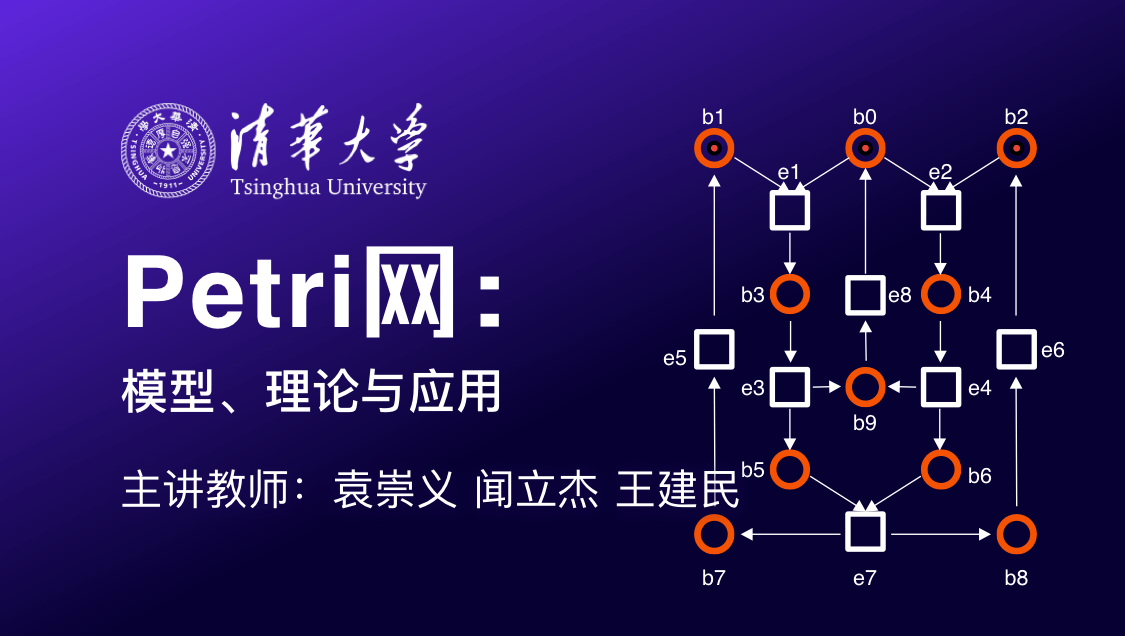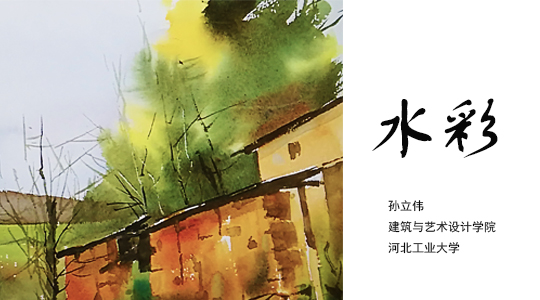
当前课程知识点:Research Methods in Tourism Studies > Week 1 How to Start a Good Research > 1.1 Research Question and Research Objectives > 1.1.5 Problem conversion
返回《Research Methods in Tourism Studies》慕课在线视频课程列表
返回《Research Methods in Tourism Studies》慕课在线视频列表
我们学习了不同种类的研究主题和研究问题
接下来让我们继续第四部分
问题转换如何将一般问题转化为研究主题
在这一环节将主要包括四个方面
对研究问题的陈述
将问题具体化和小型化
将问题转化为研究变量和假设
将问题转化为研究设计
让我们从研究问题的陈述开始
为了更好地表述研究问题
在解释研究问题时应注意四个方面
首先问题的表述要清晰完整
二是认真考虑解决该问题的可行性
然后准确表达自己的观点
最后仔细修改研究问题和手稿
问题转换的第二个方面是使问题具体化和小型化
对目标问题进行分解
直到问题涉及的概念能够被准确地定义操作度量
并且不同概念之间的关系能够被实际数据验证
例如如果你对影响公司绩效的重大因素感兴趣
事实上许多因素实际上可以影响最终的绩效
你可以从不同的领域开始
例如金融会计市场战略企业产品和企业战略
把问题转化为研究变量和假设
将一般问题转化为研究问题的一个重要步骤是确定问题涉及的变量
以及不同变量之间可能的关系
例如有些同学可能想知道
领导行为和企业创新行为之间是否有关系
根据文献和现有理论
领导者支持创新的行为会影响员工的创新行为
进而影响员工的创新行为
而员工的创新行为又会影响企业的创新能力
但如果我们把这种关系分解成一个研究过程
其实这是一个如何把前面的陈述分解成一系列研究问题的过程
首先研究问题是企业领导者的行为是否会影响其创新行为
然后我们可以看到三个变量
领导者支持作用 员工创新行为和企业创新能力
所以这是一个思维过程可以转化为相应的研究问题
对于这些变量可能存在三个假设
假设1可以是员工的创新行为将直接影响企业的创新能力
假设2领导者的支持行为将直接影响员工的创新能力
假设3员工创新行为在领导支持与企业创新能力之中起中介作用
通过这三个假设你可以看到
我们如何将不同变量之间的关系联系起来
最后一个问题转换是将问题转化为研究设计
在前面的陈述中我们提出了问题和假设
我们有问题和假设
我们需要做的是进行研究和设计研究以验证假设和回答问题
我们可以用定性的方法来研究新的对象
用实验来检验因果关系
也可以用问卷调查或其他方法来检验假设
-1.1 Research Question and Research Objectives
--1.1.1 Student interview before class
--1.1.2 The starting point: question
--1.1.3 What is a good research question?
--1.1.4 Ways to find a good research question
-1.2 Title Design
--Acticle: Leisure & Travel as Class Signifier: Distinction Practices of China's New Rich
--Discussion: Why do we research?
-1.3 Literature Retrieval Method and Literature Databases
--1.3.1 Common literature retrieval method
--1.3.2 Common literature search database
-1.4 Information Collection and Academic Journals in Tourism
--1.4.1 Academic journals in tourism research
--1.4.2 Literature collection methods and principles
-1.5 Literature Reading
--1.5.2 Overcoming obstacles in literature reading
--Week 1 quiz
--Discussion: What difficulties have you encountered in reading literature?
-2.1 Philosophical Bases of the Two Approaches
--2.1.1 Philosophical bases of the two approaches
-2.2 Differences between the Two Approaches
--2.2.1 Differences between the two approaches
--Article: Does tourist–host social contact reduce perceived cultural distance?
-2.3 Be Aware of Your Own Research Views
--2.3.1 Be aware of your own research views
--Discussion: How to choose research method?
-2.4 Research Example: Social Tourism
--2.4.1 What is social tourism?
--2.4.2 Established frameworks on social tourism
--2.4.3 Major research findings on social tourism
--2.4.4 Major findings of social tourism research
--2.4.5 Opportunities and challenges for social tourism
--Week 2 quiz
- 3.1 Key Procedures in Qualitative Approach
--3.1.1 Key procedures in qualitative approach
-3.2 Qualitative Data Collection and Analysis
--3.2.1 Key procedures and data collection methods in qualitative approach
--3.2.2 Data collection and analysis in qualitative approach
--3.2.3 Data analysis in qualitative approach
-3.3 Case Study and Content Analysis
--Discussion: Have you ever used a qualitative approach in your research?
-3.4 Using Coding and Themes in Qualitative Research
--3.4.1 Using coding and themes in qualitative research(1)
--3.4.2 Using coding and themes in qualitative research(2)
-3.5 Using Conceptual Framework in Qualitative Research
--3.5.1 Using conceptual framework in qualitative research(1)
--3.5.2 Using conceptual framework in qualitative research(2)
--Article: Tourist typology in social contact: an addition to existing theories
--Week 3 quiz
--Discussion: How to ensure the reliability and validity of qualitative study?
-4.1 Using Questionnaires in Quantitative Research
--4.1.1 Make an effective literature review and research method design
--4.1.2 Learn to write powerful findings and discussion
-4.2 Using Experiment in Quantitative Research
--4.2.4 Eye tracking experiment
-4.3 Using Mixed Method
--4.3.1 Sustainabble tourism development (1)
--4.3.2 Sustainabble tourism development (2)
--Article:Creating a scale for assessing socially sustainable tourism
--Week 4 Quiz
--Discussion: How to use quantitative methods to study tourists' reaction?
-5.1 Current Research Priorities
--5.1 1 A review of hospitality research
--5.1.2 Impact of information technology on hospitality and tourism research
-5.2 Multi-Level/ Multiple Sources of Date Collection
--5.2.1 Experimental design (1)
--5.2.2 Experimental design (2)
--5.2.3 Multi-level/multiple sources of data collection
-5.3 Mixed Method and Interdisciplinary Research
--5.3.2 Interdisciplinary research
--Article: The meanings of destination: a Q method approach
--Discussion: Can you talk about your understanding of research methods?
-5.4 Using Delphi Method in Research Design
--5.4.1 What is the Delphi method?
--5.4.3 Characteristics of the Delphi method
--5.4.4 Predicting the future of wine tourism
--Week 5 quiz
--Discussion: Philosophical basis of research methods
-6.1 Journal Publication
--6.1.1 How to publish in the top journals? (1)
--6.1.2 How to publish in the top journals? (2)
--6.1.3 How to publish in the top journals? (3)
--6.1.4 How to publish in the top journals? (4)
--Article: Analyzing the economic sustainability of tourism development: evidence from Hong Kong
-6.2 Academic Ethics
--6.2.2 Student interview after class
--Week 6 quiz
--Discussion: Academic publication and academic ethics
--Final quiz




